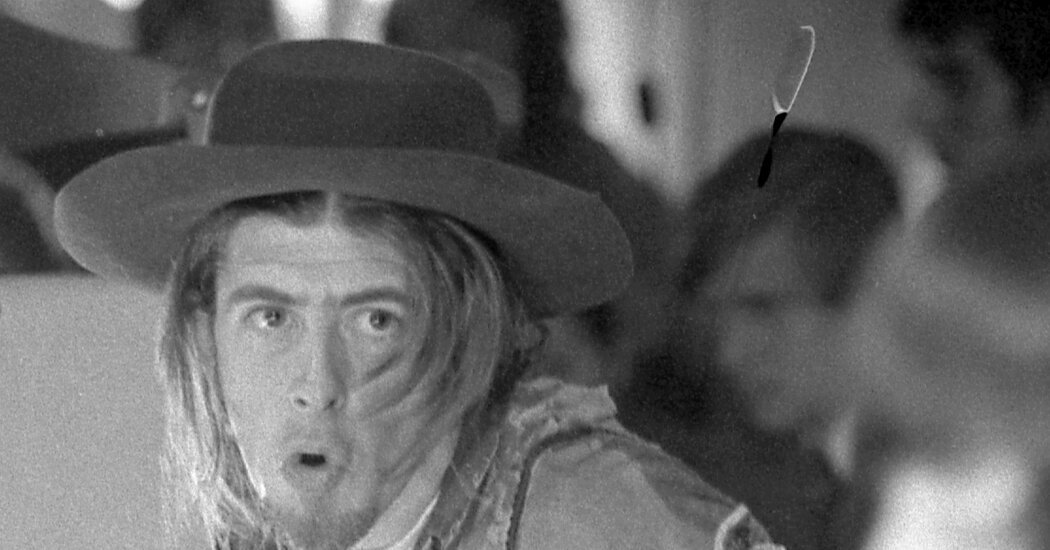The one album that Mr. Clapton recorded with Mr. Mayall, “Blues Breakers” (1966), is often credited with kick-starting the electric blues boom of the 1960s among young Americans and Britons. With songs by Robert Johnson, Otis Rush, Freddie King and Ray Charles, as well as Mr. Mayall himself, the album provided a repertoire, arrangements and a thick guitar sound that would be widely copied by hundreds of bands in both countries. In 2003, Rolling Stone magazine ranked “Blues Breakers” No. 195 on its list of “The 500 Greatest Albums of All Time.”
John Mayall was born in Macclesfield, England, just outside Manchester, on Nov. 29, 1933. His father, Murray, who played guitar in local pubs and collected records, and his mother, Beryl, stimulated his interest in music, but he trained as an artist and graphic designer at the Manchester College of Art and, after doing military service in Korea, worked for several years for advertising agencies. (He would later put that experience to use by designing the covers of many of his albums.)
Mr. Mayall was already 30 when he decided to become a full-time musician and moved to London, where performers like Alexis Korner and Cyril Davies had already carved out a niche for the blues. Financially, it was tough going: Even when he had future stars like Mr. Clapton, Mr. Green and Mr. Taylor in his band, the Bluesbreakers followed a grueling routine of touring by van and playing short engagements on cramped stages in small clubs, often for audiences of only a few dozen people.
But after guitarists everywhere took notice of the “Blues Breakers” album and its equally influential follow-up, “A Hard Road” (1967), featuring Mr. Green, Mr. Mayall’s horizons expanded. He started touring regularly in the United States and Europe: “The Diary of a Band,” a two-disc set recorded live in the Netherlands and other locales with Mr. Taylor, was released officially, and performances at the Fillmore West and in Germany and Italy eventually circulated in bootleg versions.
Read More: John Mayall, Pioneer of British Blues, Is Dead at 90


